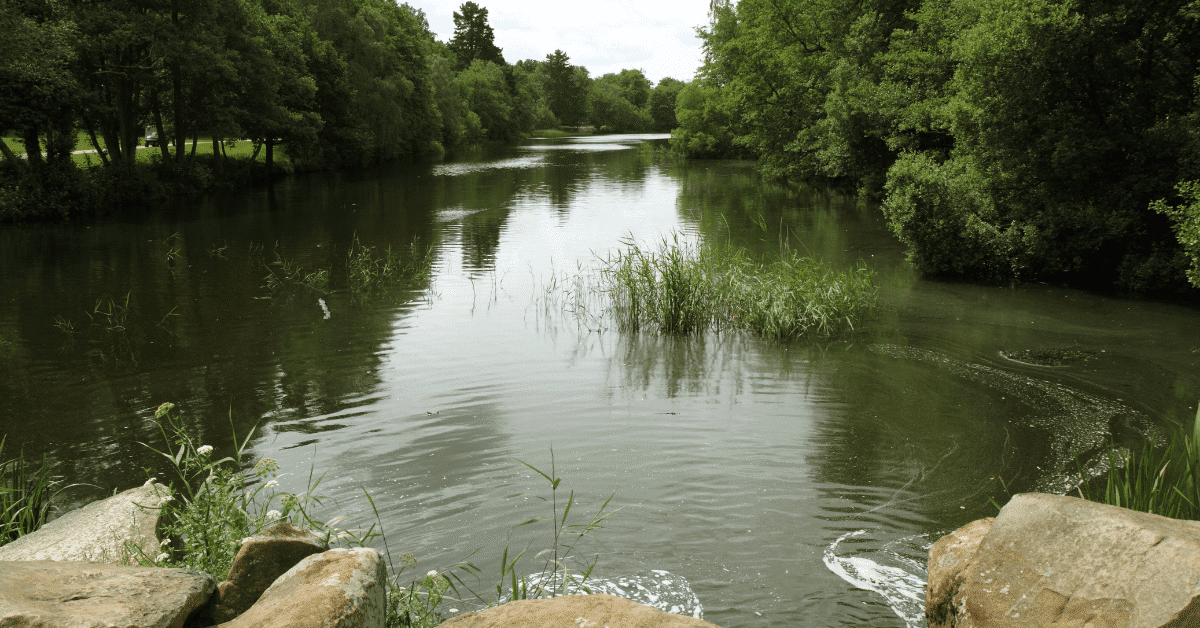
DEQ is Failing to Control Pollution from Construction Sites
On December 6, 2023, thirty-two groups from around state sent comments to the Virginia Department of Environmental Quality (DEQ) opposing issuance of a new state discharge permit that allows excessive and harmful amounts of pollution to affect our waters. Joining the call was a former Director of the Department of Environmental Quality.
The groups are urging the State Water Control Board to reject a proposal by DEQ for a Construction Stormwater General Permit that authorizes discharges from thousands of sites across Virginia each year. This is the latest version of a permit that has been issued in Virginia since the early 1990s. During those decades sediment and other pollutants that come from development projects have plagued our waters, and this general permit has allowed the damage to continue. Still DEQ is refusing to acknowledge that damage or to upgrade the permit to stop it.
As recounted in the comments, a 2017 DEQ analysis estimated that 39% of Virginia streams are likely to have excessive sedimentation. The estimate is even higher for the most vulnerable small, headwater streams we depend on for clean water supplies downstream, of which nearly half may be damaged by sediments. Construction activities are one of the most prominent sources of sediment running into waterbodies. Although construction sites cover just 0.2% of the Chesapeake Bay watershed in an average year, they contribute 16% of the sediment load that has degraded the Bay’s quality.
DEQ and the Water Board are supposed to ensure that these discharges will not violate water quality standards required under the Clean Water Act and state law. To make this assurance, DEQ is supposed analyze data on the quality of water discharged and effects on the streams. But DEQ failed to do this basic analysis. Instead, officials state that DEQ “expects” that waters will be protected but provide no basis for this expectation.
One glaring reason for the deficiency in DEQ’s review is the lack of data to show how these activities actually affect water quality. As stated in the comments: “We can find no evidence that DEQ has conducted such monitoring or required any regulated party to conduct such monitoring. It appears that DEQ does not want to know whether its expectation is valid or not.”
In fact, there is reason to believe that, even with pollution control measures now required under the general permit, large quantities of pollutants are discharged. A report issued by an “expert panel,” which included personnel from DEQ and other state agencies, along with university scientists and consultants specializing in the field, revealed that studies by researchers in other states found very high levels of sediment and other pollutants entering streams from these sites – levels much higher than necessary to meet Virginia’s water quality standards.
David Sligh, Wild Virginia’s Conservation Director stated: “We have raised these issues consistently, since early 2022 when this permit review began. DEQ has consistently refused to confront them. We asked for any information that would back up their assumptions about effects on water quality – they provided none. Now it is up to our fellow citizens on the State Water Control Board to insist that DEQ change course. Will they allow more decades to pass before this flawed regulatory system is fixed?”
Wild Virginia and our allies will continue to insist that the authorities charged with protecting us and our waters take effective action. The time for them to act is now.